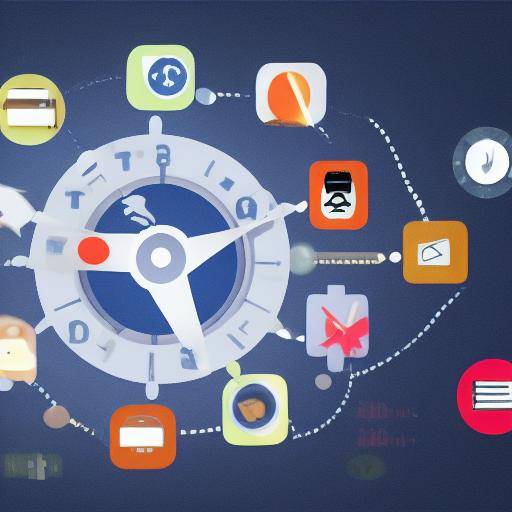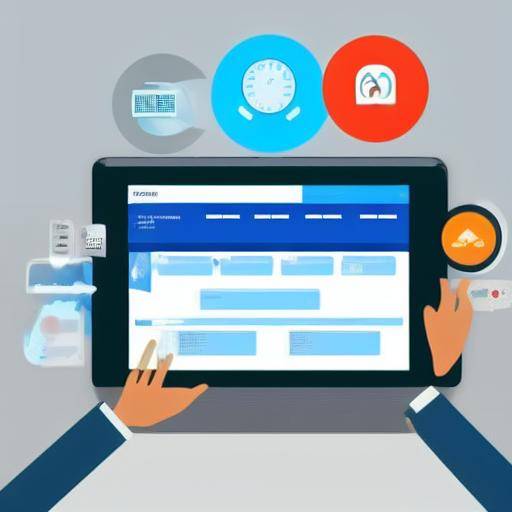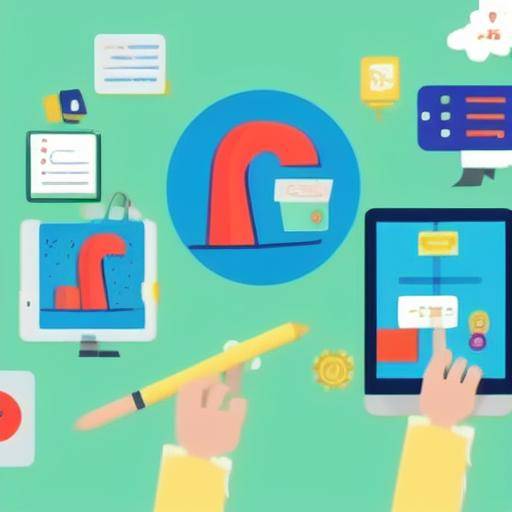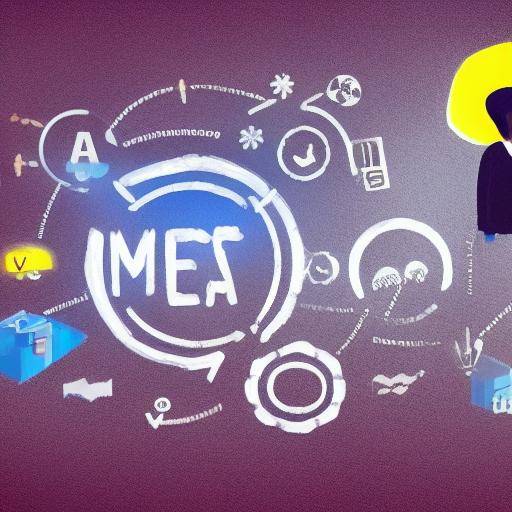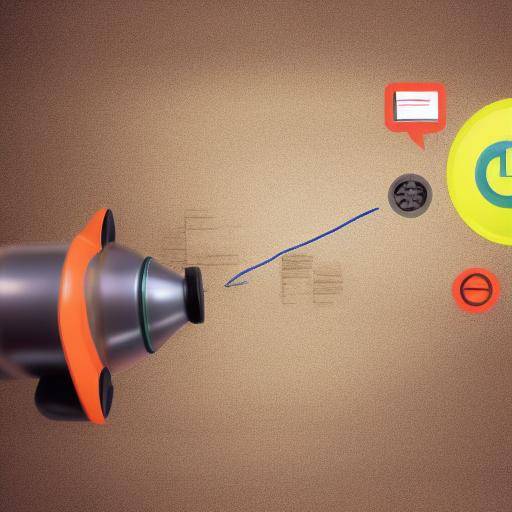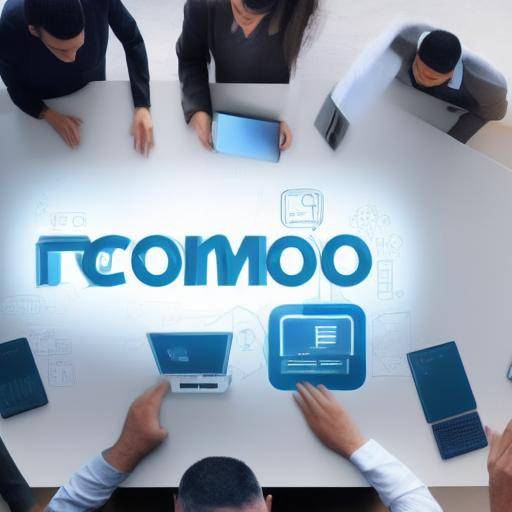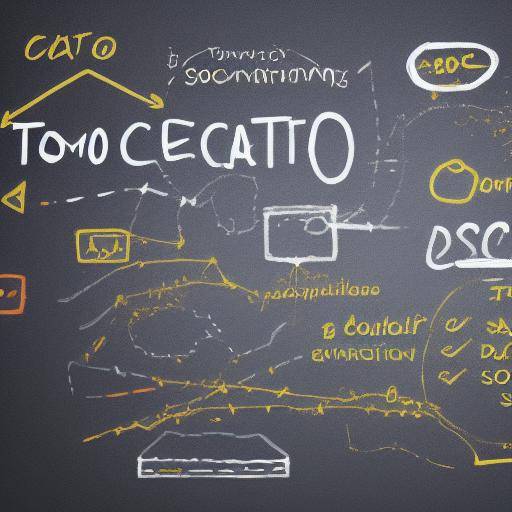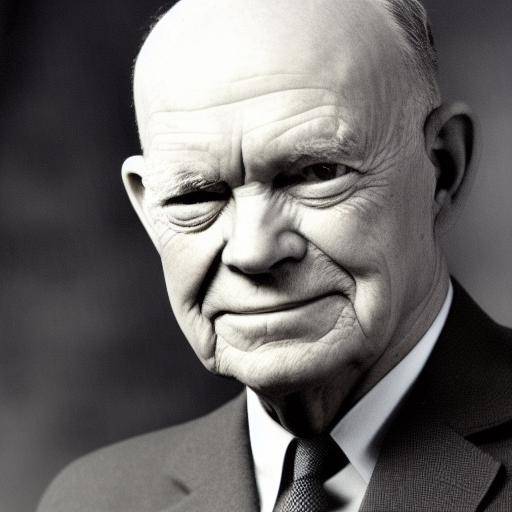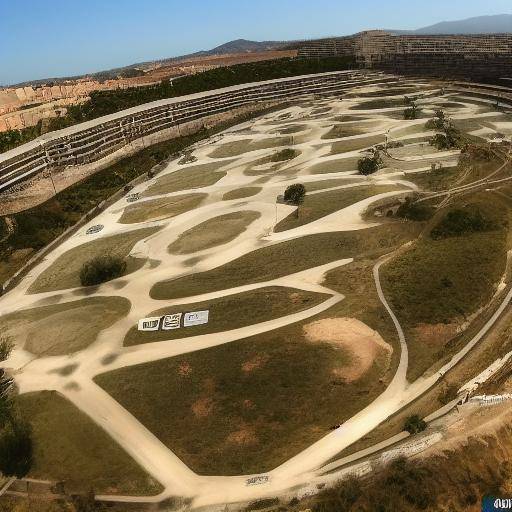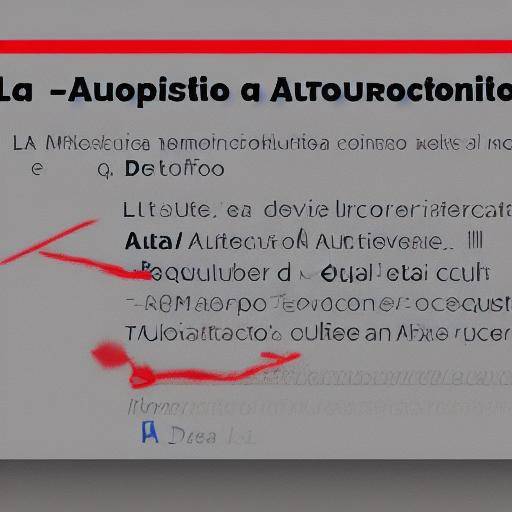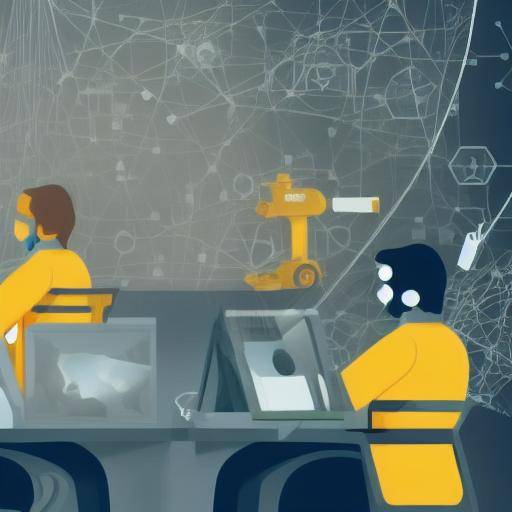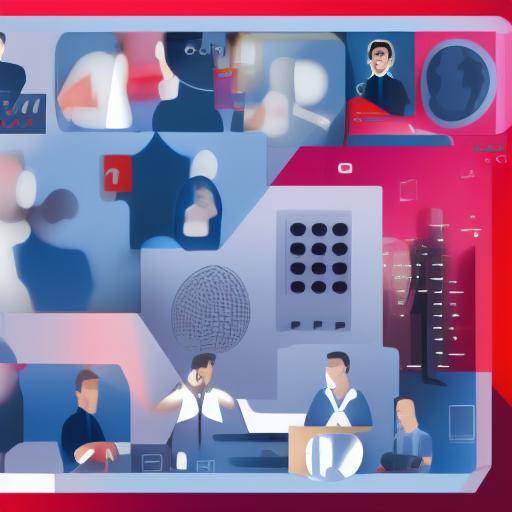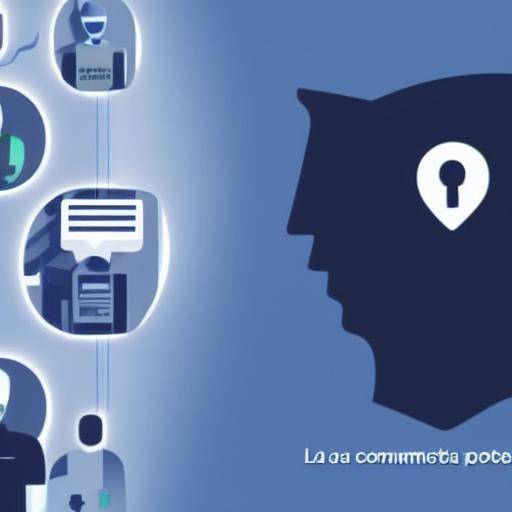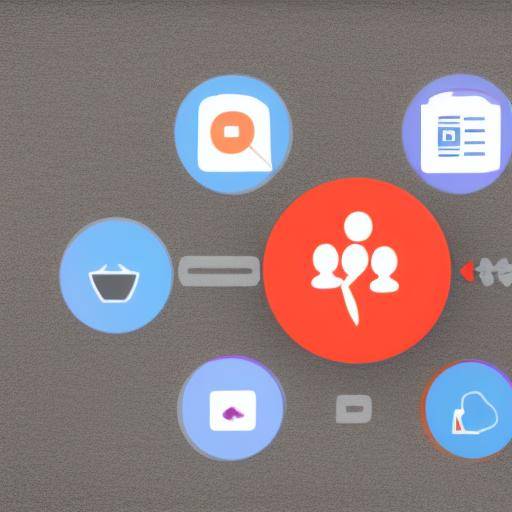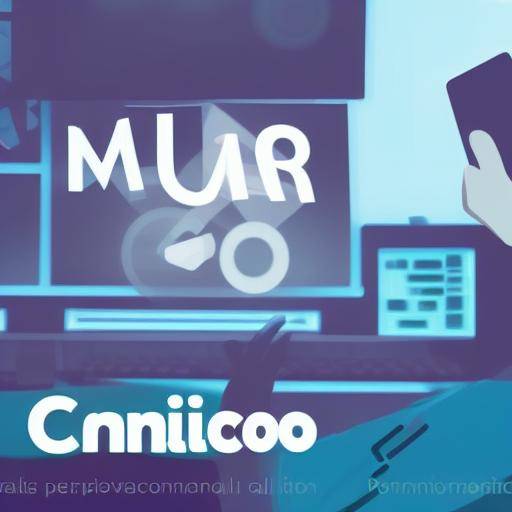
Multi-project management is a complex challenge facing many companies today. The need to coordinate resources, deadlines and deliveries on several fronts at the same time requires efficient tools to optimize productivity and quality of work. In this regard, technology has played a crucial role in providing innovative solutions that facilitate multi-project management, enabling organizations to improve their performance and achieve their goals more effectively.
Introduction
The evolution of technology has revolutionized the way projects are managed in the business environment. In this article, we will explore in detail the impact of technology on multi-project management, analyzing its influence, benefits, challenges, current and future trends, as well as the most relevant digital tools. In addition, we will provide practical recommendations, case studies, expert opinions and advice to better understand how technology improves project management in a multi-tasking environment, providing organizations with greater efficiency and competitiveness in a constantly changing market.
History and background
Project management has evolved significantly over time, with the arrival of new technologies playing a crucial role in this process. Since the introduction of the first project management tools to cutting-edge digital solutions, there has been a steady progress in how organizations plan, execute and control their projects. Over the years, technology has played a key role in task automation, improved collaboration and communication, and optimized project monitoring and analysis.
The adoption of technology in multi-project management has enabled organizations to more efficiently manage the complexity inherent in the simultaneous implementation of several projects, improving planning capacity, resource allocation, progress monitoring and risk management.
In-depth analysis
Benefits of technology in multi-project management
The implementation of technology in multi-project management has proven to generate a number of significant benefits for organizations. These include enhanced collaboration and communication between dispersed teams, optimizing activities planning and programming, reducing operational costs and improving quality and effectiveness in project implementation.
In addition, technology has facilitated the integration of real-time analysis and reporting tools, allowing project managers to make informed decisions based on accurate and up-to-date data. In addition, the automation of repetitive tasks and the use of predictive algorithms have contributed to reducing the risk and uncertainty associated with multi-project management.
Current challenges and trends
Despite the obvious benefits, the implementation of technology in managing multiple projects is not without challenges. The main concern lies in the need to ensure the safety of information and the privacy of data, as well as the resistance to change by the work teams.
In terms of current trends, there is an increase in the adoption of cloud-based project management solutions that provide flexibility and remote access to data. In addition, the integration of artificial intelligence and machine learning is revolutionizing the way projects are planned and implemented, allowing predictive analysis and resource optimization more accurately.
Comprehensive review
Applications and best practices
The technology has enabled the implementation of versatile and scalable project management tools that adapt to the specific needs of each organization. Solutions such as Kanban, Scrum and integrated resource management programs (ERP) have proven to be effective for multi-project coordination, allowing efficient allocation of resources, clear visualization of work progress and early identification of potential bottlenecks.
Best practices in technology implementation for multi-project management include continued staff training in the use of digital tools, process standardization and system integration to ensure coherence and compatibility in project management.
Comparative analysis
Comparison between different project management technologies such as cloud-based tools, integrated software or specific solutions for agile projects allows the identification of strengths and limitations of each approach. While cloud-based solutions offer flexibility and remote access, integrated programs can provide a global view of resources and tasks. On the other hand, agile methodologies allow greater adaptability to changes and incremental delivery of value to the customer.
Applicable practical advice and advice
Successful implementation of technology for managing multiple projects requires careful planning and active participation of all involved. Some practical advices include comprehensive assessment of the needs of the organization before selecting a technological solution, clear definition of performance objectives and metrics, and conducting pilot tests to verify the suitability and acceptance of the tool by the team.
In addition, it is essential to establish a system of continuous feedback and training to ensure effective adoption of technology and maximize its potential benefit.
Industry perceptions and expert opinions
Several project management experts agree that technology has been a catalyst in the evolution of best practices in project management, allowing a more collaborative, agile and efficient approach. They also note the importance of an organizational culture open to innovation and continuous learning as fundamental requirements for capitalizing on the potential of technology in multi-project management.
Case studies and applications in real life
To better understand the impact of technology on multi-project management, it is useful to analyse cases of success in various industries. From technology companies to health and construction organizations, the implementation of specific technologies has improved project coordination, reduced implementation time and increased customer satisfaction. These real examples offer valuable lessons on how technology can transform how complex projects are managed in dynamic environments.
Future trends and forecasts
As technology continues to evolve, multiple project management solutions are expected to become more intuitive, interoperable and focused on predictive analysis. The integration of emerging technologies such as increased reality, quantum computing and robotic automation promises to redefine how projects are managed in the future, opening new opportunities for productivity and innovation.
Conclusions
In conclusion, the impact of technology on multi-project management is undeniable. Digital solutions have revolutionized the way organizations plan, execute and control their projects, allowing greater efficiency, transparency and adaptability in a competitive and dynamic business environment. While there are significant challenges and considerations in the adoption of technology for managing multiple projects, the benefits of effective implementation are significant and lasting.
Frequently asked questions
1. What is the importance of technology in managing multiple projects?
Technology plays a crucial role in simplifying and optimizing resource coordination, monitoring progress and communication in multiple project management environments. Its adoption helps to improve operational efficiency, reduce errors and provide a comprehensive vision of the project portfolio.
2. What are the common challenges in the implementation of technology for managing multiple projects?
Some common challenges include resistance to change by equipment, information security, integration with existing systems and selection of the appropriate tool for the specific needs of the organization.
3. What types of technologies are most relevant to managing multiple projects?
Relevant technologies include cloud-based solutions, project planning and tracking software, remote collaboration tools, mobile applications for task management and data analysis solutions for informed decision-making.
4. How can organizations prepare for technology adoption in multi-project management?
A thorough assessment of internal needs and capacities is essential, involving teams in the selection process and providing ongoing training and support to ensure an effective transition.
5. What is the long-term impact of technology on multi-project management?
In the long term, the effective implementation of technology is expected to improve operational efficiency, the quality of deliverables and the ability to adapt to changing environments, which drives the competitiveness and innovation capacity of the organizations.
6. What are future trends in technology for managing multiple projects?
Future trends include the integration of emerging technologies such as artificial intelligence, augmented reality, robotic automation and predictive analysis, which promise to revolutionize the way projects are managed in dynamic environments.
In short, technology has transformed multi-project management, offering innovative solutions that improve efficiency, collaboration and decision-making. With the proper adoption of digital tools and the promotion of a culture of innovation, organizations can achieve higher levels of productivity and success in managing multiple projects.


